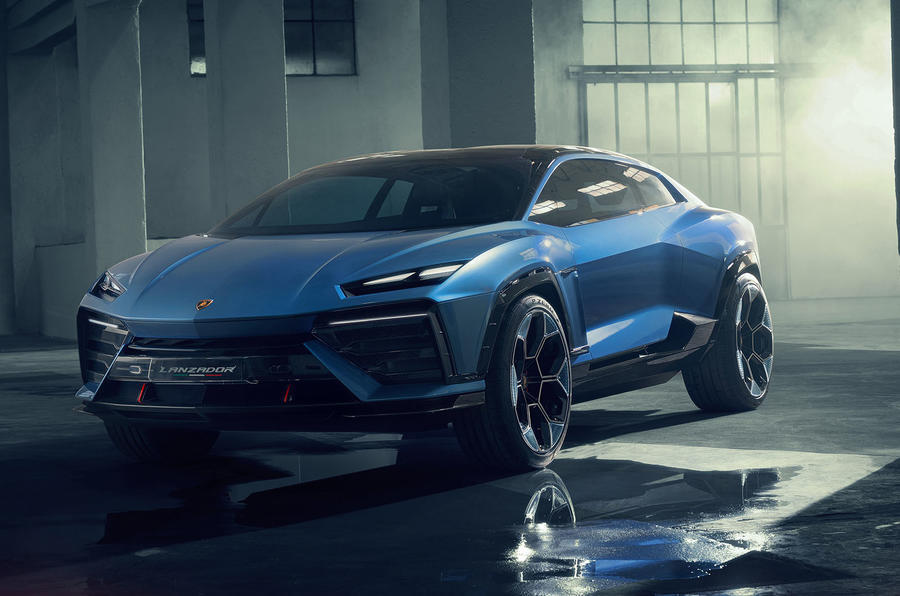Despite already committing to fully electrified models in other parts of its catalogue, Lamborghini will continue to take a watching brief when it comes to BEV super sports cars - and will only commit to them as and when decisions are made about the future of synthetic fuels.
Lamborghini Chairman and CEO Stephan Winkelmann told Autocar that his company “can afford to leave the door open for a few years yet."
"Synthetic-fuelled sports cars would be an easier leap for us, but we have to wait and see what the legislators decide about them, and whether we can get global agreement on their viability," Winkelmann said.
"We are a global company, so it’s no good if they are only allowed in one area. They have to be real and flying everywhere... The plan is for our everyday cars (the Urus SUV and new Lanzador GT) to both be fully electric by the end of the decade. For the super sports cars, we will be hybridised; and those cars will live for eight or nine years from now (until the early 2030s). And so, given that a typical development cycle for a new sports car is four years, we have some time yet to watch and wait until the picture becomes a clearer.”
“We certainly see a clear trend from our younger buyers towards sustainability,” Winkelmann went on. “The overall footprint of our brand in terms of the by-volume emissions of our cars is negligible; but our sense of social responsibility for the brand is much bigger, and we have to honour that.”

“The truth is, we just don’t know how much of our existing sports car customer base might already consider a BEV alternative. We’re not even asking yet. First, we have to prepare them in a way that is credible. You have to do things in the right order. With Lanzador, for instance, we came with a concept, a vision: something real. Only once people have seen it can you really judge if the market is ready.”
Winkelmann says he’s not daunted by the idea of Lamborghini going fully electric, even across its wildest and most enthusiast-targetted models, however. “When I look back five to six years, when we took the decision to go hybrid, it was a tough decision. Nobody thought it would be accepted. So you have to think of public opinion as a film, not a snapshot.”
“Clearly, there will be a moment in time when full BEV sports cars can be even more emotional than ICE. The power output is already so amazing. What we have to prove is not the performance, but the handling dynamism and the excitement.
“In fact, we can already see the time when battery energy density will allow to make even more agile EV supercars than the ICE ones we have today. With enough reassurance from us, we can make those cars even more emotional for our owners, too.







Join the debate
Add your comment
This is madness. The only way to flourish in the car market is to get ahead of the technology curve and go all-in on electric now. The companies that do that will be the ones that win. Foot-dragging and clinging on to combustion will only damage the ability of brands to compete. Like trying to make horse carriages after the Ford Model T launched. Or trying to sell brick phones after the iPhone launched.
At Last!
A carmaker making the right decision instead of charging blindly down the electric route!
Hurrah for Lambo!
Yeah, that's a guaranteed 10,000, a Lamborghini is still a pinup car, I've driven briefly a Huracan with the flappy paddle gearbox and found it a doddle to drive ,not even intimidating, McLaren 570, felt nervous 8/10 and a Porsche 911 GT3, wonderful car but just not mad enough looking,so the Lambo has it for me.